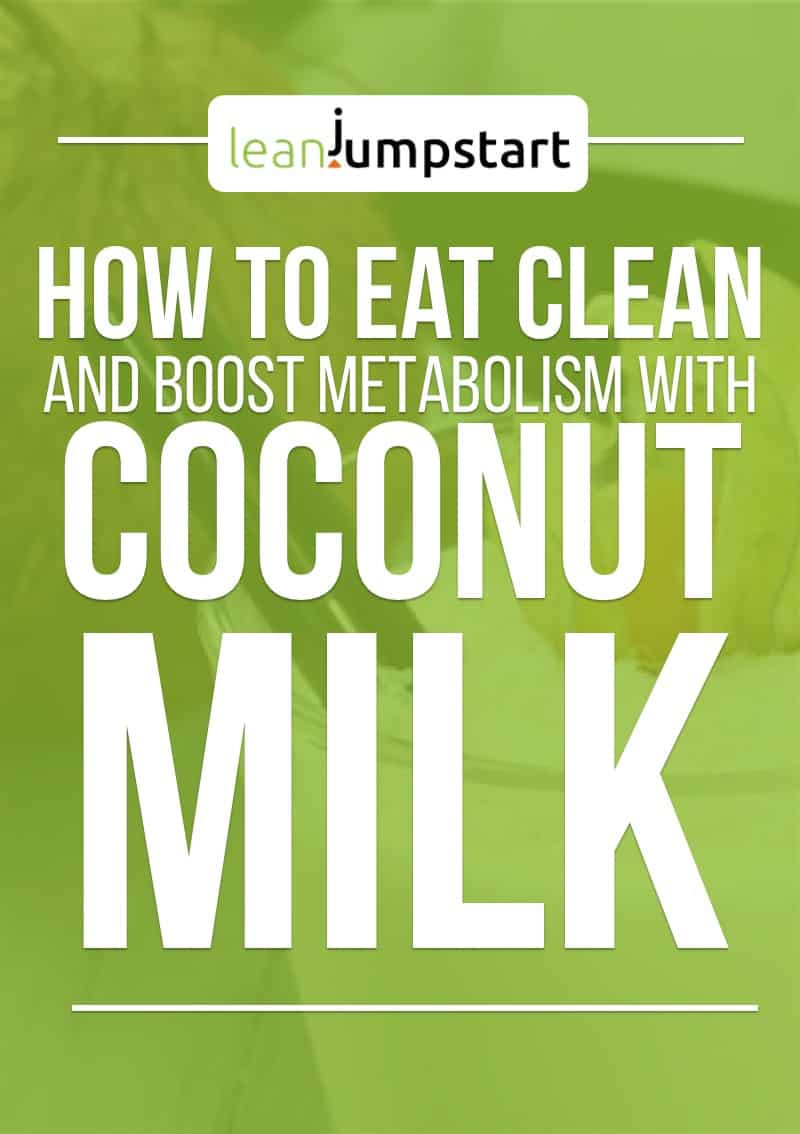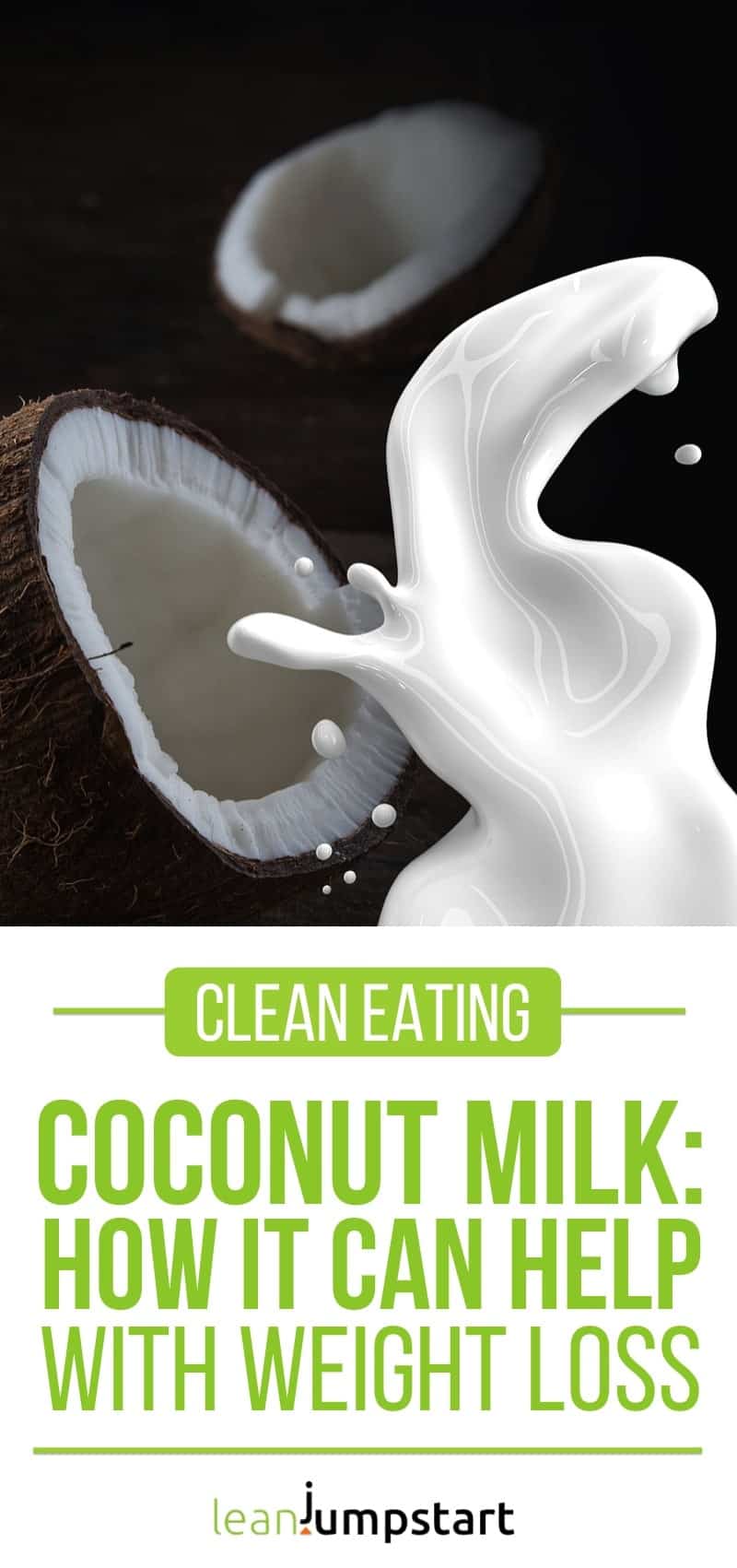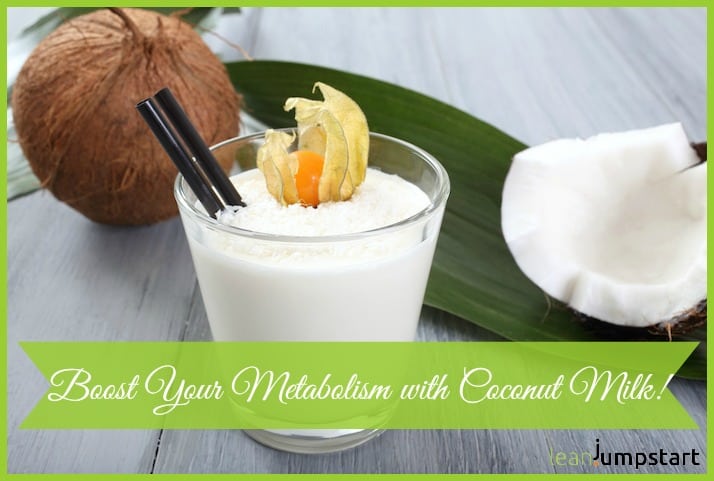Last Updated on December 3, 2018
Are you forced to abandon dairy milk because you can’t tolerate it? Do you want to downshift your dairy consumption? If you like the taste of coconut, then coconut milk nutrition could be a wonderful milk and/or cream alternative for you. But first, let’s take a closer look at the components of coconut in general.
Coconut milk and fat – What are they used for?
Coconut has become extremely popular throughout the world. This is also due to the fact that almost all components can be used – even the hard shell is still a wonderful fuel. Nevertheless, there is always confusion about the name and use of the various components it. Do you know the difference between coconut milk and coconut oil? And what is coconut water used for?
What is coconut fat?
The other name for it is coconut oil – a fat that is solid at room temperature. As soon as the temperature is raised by just a few degrees, the fat liquefies. It is produced from the dried flesh of the coconut (called copra), which after drying is pressed out under high pressure. The result is a wonderfully neutral-tasting, high-quality fat that you can use for a wide variety of purposes (e.g. cooking, cosmetics, remedy, cleaning etc.)
What is coconut milk?
Before we get to its nutrition facts, we must clarify a misunderstanding that is often present. When you open a coconut, you will usually find the so-called coconut water. Do not confuse this with the milk. There is no coconut milk as a natural component in the coconut, which means that it has to be produced afterward.
The milk is made of grated coconut meat that is mixed with hot water and ground through machine processing. The result is a dense liquid similar to milk, hence the name. In the next step, this “milk” is drained, heated to an ultra-high temperature, and finally filled up in cans or cartons.
Although you can buy it in a grocery store, anyone can easily make their own coconut milk from this exotic fruit. Simply soak the grated coconut meat in hot water and then press it out, for example with a clean cotton cloth.
Coconut milk nutrition facts
Unsweetened coconut milk is usually clean and free from additives. This fiber-rich, flavorful beverage, contains many valuable minerals like magnesium, potassium, phosphor, and calcium, in addition, to trace minerals like iron, manganese, copper, and zinc. To top it off, coconut is rich in all B-vitamins and vitamin E.
The only thing you should be aware of when consuming this plant-based drink is its high energy density: A glass of coconut milk (250 ml) supplies approximately 400 kcal. That is not really a problem as the satiation effect of it is very high, but an unconscious consumption could quickly lead to excess energy. We’ll talk about this more in a minute.
A great dairy-free alternative for weight management
Now you might think, but this nut milk is high in calories and fat – how can it be beneficial for weight loss? Besides of the beneficial fiber, it contains a fat our body absolutely needs – a fat that increases your metabolism. Depending on the dilution, coconut milk contains between 15 and 22 percent of fat. Compared to cream it is still quite little, as cream contains between 30 and 35 percent fat. For people with a high cholesterol level, coconut milk is a great replacement for cream, as it doesn’t contain any saturated fats at all.
Coconut milk does not only deliver less fat but also a very special fat. The fatty acids are the rare “Middle Chain Triglycerides”, (MTC). The special property of MTC is that your body burns them faster for energy. Other types of fatty acids actually make your fat zones grow.
That’s why coconut milk can help with weight loss. But that’s not all.
Health benefits of coconut milk
The Middle Chain Triglycerides are especially useful for the fatty acid coconut milk is made of. The fatty acid consists 40 to 50 percent of Lauric acid, which is a well digestible fatty acid with an antimicrobial and antiviral effect. It is the Lauric acid in a mother’s milk that protects the not yet fully developed immune system of a baby against germs.
A study published in the Journal of Metabolism could show a beneficial impact of consuming coconut milk porridge for those who have to watch their cholesterol levels, due to the decrease in LDL and rise in HDL.(1)
Nutrient-dense meals
Combine coconut milk with other traditional foods like fish, meat, vegetables, fruits or rice and you’ll get an especially nutrient-dense, filling meal with an exotic flavor. If it’s iced, you can whisk it stiff like whipped cream. Simplify healthy eating with the following yummy curry recipes:
Don’t overuse it
As with any healthy and delicious food, you have to watch how much you eat. Any food is okay in moderation, but consuming too much of it isn’t good for you. It is really easy to go overboard with coconut milk based shakes, desserts, smoothies, soups, coconut milk for coffee etc.
If you want to maintain your weight or even lose some pounds, then you should limit your intake to 60 ml (1/3 cup) per day.
Sources for coconut milk
Do you want to reap the health benefits of coconut milk but you are unsure which type to buy? The manufacturer Aroy-D offers a clean nut drink completely free of any additives or preservatives. You can buy it in cartons from diverse retailers, among others, and also on Amazon:
- AROY-D Coconut Milk 100% – 8.5 OZ (250 ml, 6-pack) via Amazon (Affiliate Link)
-
AROY-D Coconut Milk 100% – 8.5 OZ (250 ml, 12-pack) via Amazon* (Affiliate Link)
If unopened, this drink is usually durable for 12 months. Once opened, I pour it into a glass jar and store it up to 3 days in my fridge.
Join the 52 Chef Habits E-Course
As you might already know, downshifting dairy is part of our 52 Chef Habits E-course. Replacing regular milk with coconut milk could be a smart step for weight management. Many more easy tips and tricks for weight loss you’ll learn in the self-paced E-Course. Click here to learn more!



